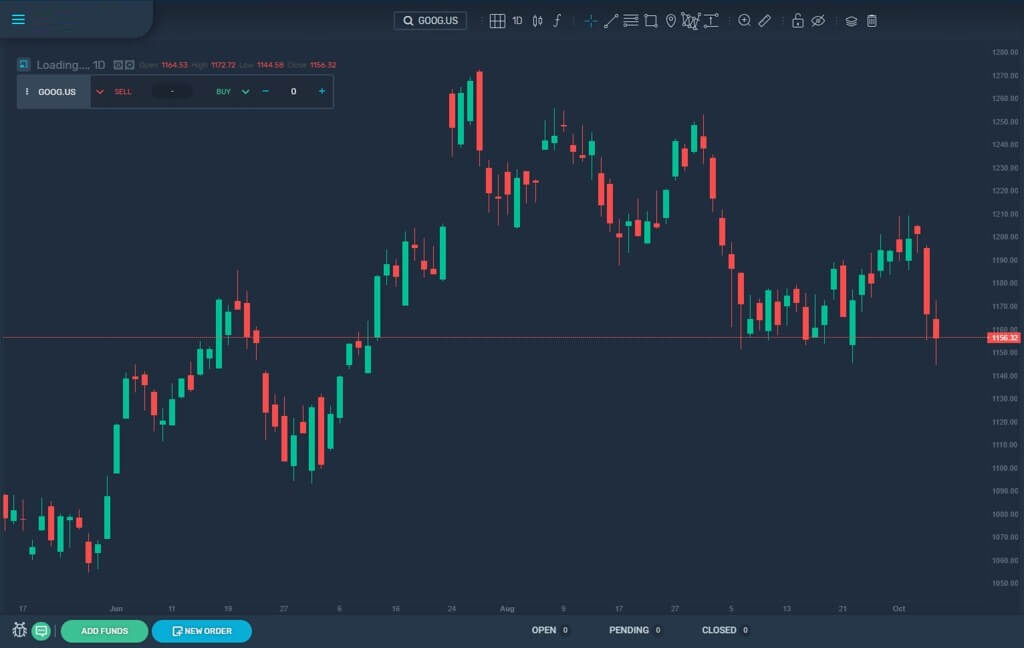
The thing with debt is that it is a double-edged sword sometimes. When you borrow wisely and repay strategically, you can use your debt to generate positive returns and cash flow. However if you borrow too much and rather unwisely, you can find yourself in deep financial trouble with a rather long road to recovery.
Reducing your debts is difficult especially if you are not being efficient in handling your money and have a number monthly expenses that you need to shoulder. This is especially difficult if you are only getting your money from only one source of income. Debt might be easier to pay if you have investments like a mutual fund or a CFD trading that you can liquidate when you need extra money to pay for your financial dues. This is why learning more about debt management strategies to pay for your debts is catalytical if you want to save money and eventually improve your financial well-being.
One thing that you can do to create a debt management plan is to look at all your debt balances and label them as either good debt or bad debt. Know which debt is revolving, which means that it has no end date. For example, a credit card balance accrues interest and will continue to carry in perpetuity if you are only paying the minimum payments and not snowballing your payments. A revolving debt like a credit card debt can be considered as a bad debt because it does not end unless you pay your balance in full. You should also ask yourself if the debt in the near-term will deliver you wages long-term which makes the borrowing technically worth it. Examples of these debt, which can be considered as good, is borrowing money or loan and investing that money in a small business or mutual fund and even CFD trading to earn you additional income.
Understanding your financial condition is another thing that you should do to cut down your debts efficiently. This will help you create a feasible strategy on how to reduce your debts, while at the same time, being able to pay your daily expenses in order to thrive. By being honest about your financial situation, you can allow yourself to have a wider perspective on how you should be allocating your incoming money whether it is salary or other sources of income, so you can pay for your financial dues in a consistent and timely manner while also saving enough for your financial freedom in the future.
Reviewing your financial management plan on a monthly or yearly basis will allow you to see your progress and where you need to tweak your strategy. Doing so will help you know how much you have improved when it comes to handling your finances. In addition, you will also learn that you can always assess your financial goals and change them according to your condition and current needs. Your financial plan will serve as your guide on how to achieve financial confidence because you will have a better understanding of how interest rates work, how you should be allocating your income and savings, and how all these factors may contribute to you paying off your debts.